This is What Coca-Cola Does to Your Body
Coca-Cola is one of the world’s favorite drinks. In fact, more than 1.9 billion servings of the soda are sold every day around the world.
And while many people know that Coca-Cola isn’t the healthiest choice, most don’t understand just how bad the fizzy drink actually is for the body. But thanks to a recent study, the information is now available for anyone who wants to know.
A Pharmacist’s Interesting Findings
Niraj Maik, a pharmacist from the UK, conducted an interesting study on the effects that Coca-Cola has on the body from the very first sip to several hours after it has been consumed.
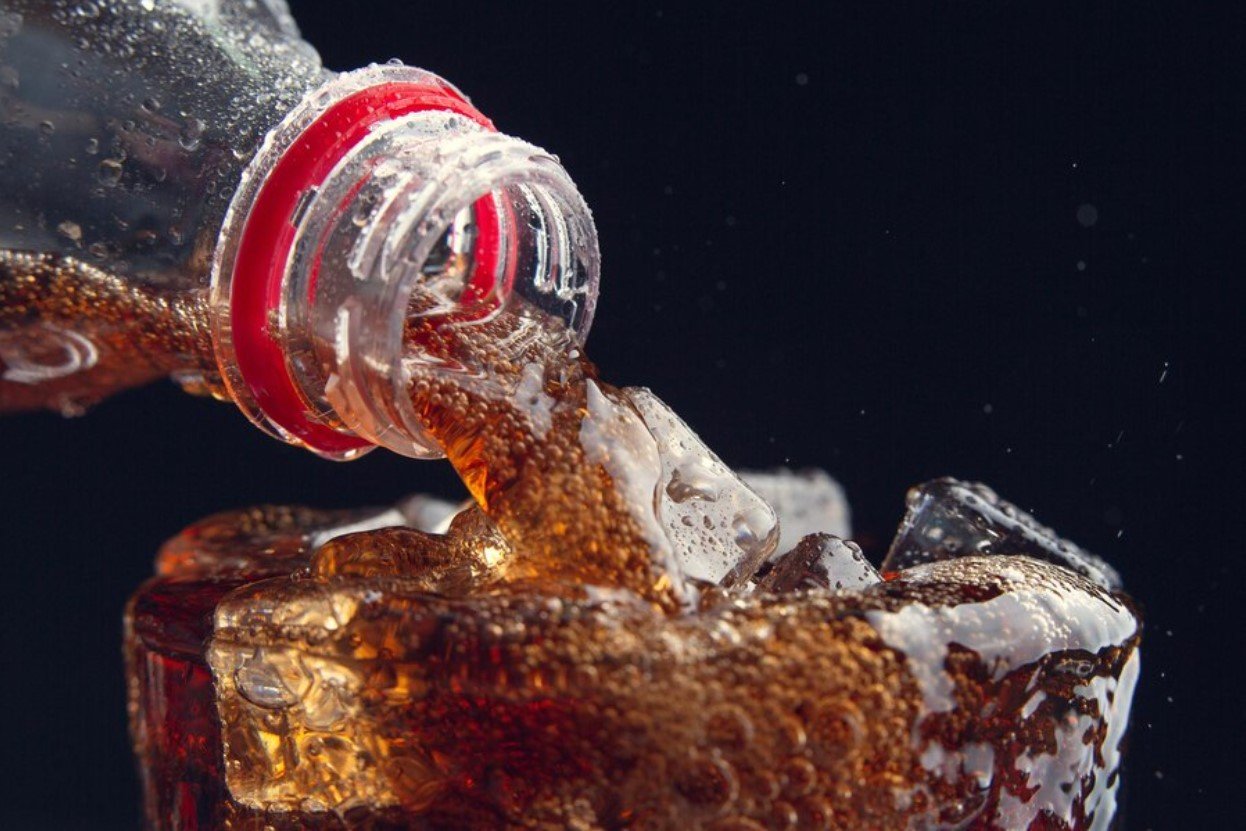
Source: Freepik
Along with detailed data on senior citizens who had been drinking Coca-Cola for years, his report has staggering information.
The Main Ingredient in Coca-Cola
Niraj first noted that a 12-ounce can of Coca-Cola has an almost unbelievable 39 grams of sugar. That’s almost half a cup of sugar.
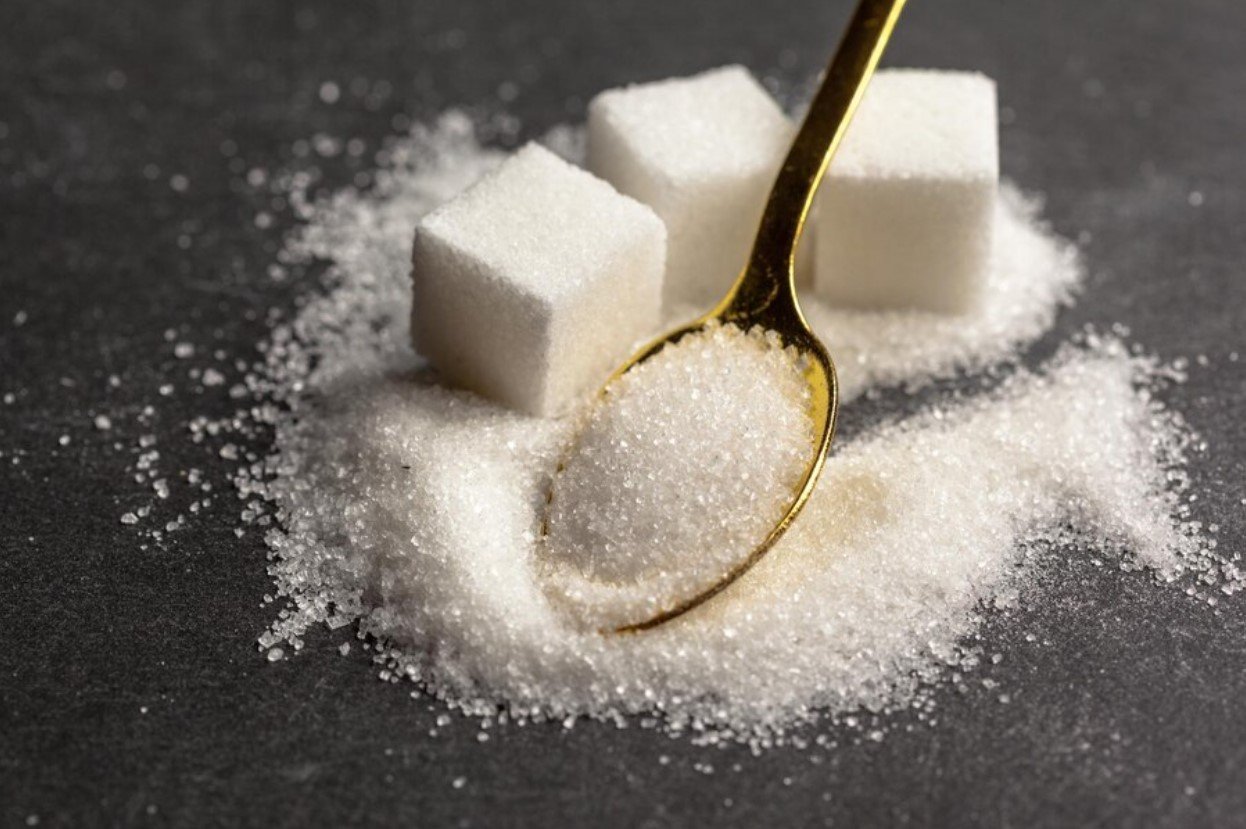
Source: Freepik
That much sugar should make a person instantly sick, but Niraj found that the phosphoric acid used in Coca-Cola dilutes the sugary taste so that people can actually get the popular drink past their mouths.
Coca-Cola Almost Immediately Becomes Fat
Then, within 20 minutes of drinking a Coca-Cola, the mass amount of sugar raises the body’s glucose levels.
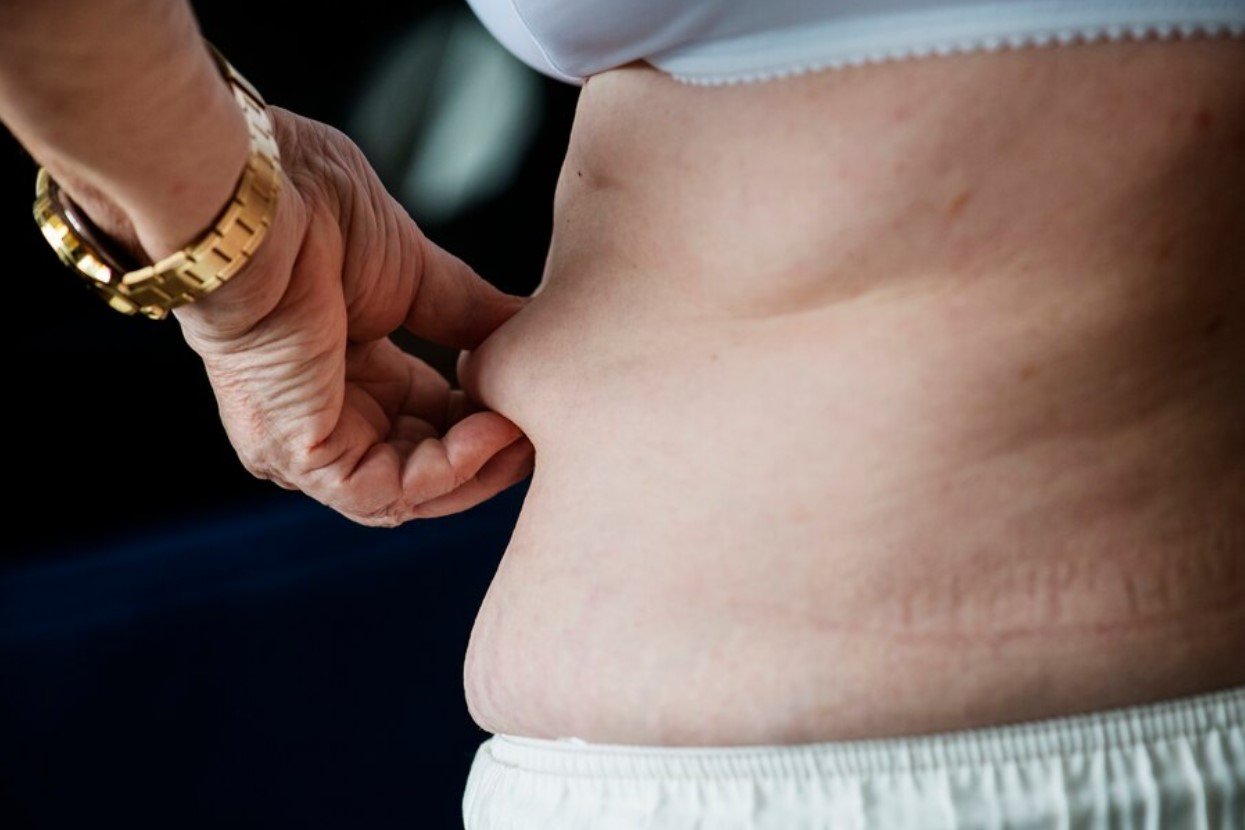
Source: Freepik
The increase in glucose leads the body to create excess insulin. And the liver, as it’s supposed to, turns the insulin into fat.
Then the Caffeine Kicks In
Less than an hour after a Coca-Cola is consumed, the caffeine in the can starts to kick in. And while many people opt for Coca-Cola in the first place for the energy it provides, most don’t fully understand how this caffeine affects the body.

Source: Freepik
Blood pressure increases, pupils dilate, and maybe most importantly, the adenosine receptors in the brain are blocked, which ensures people feel and stay awake.
How Coca-Cola Affects the Brain
And that’s not the only way Coca-Cola affects the brain. It also completely stimulates it by creating an excess amount of dopamine.
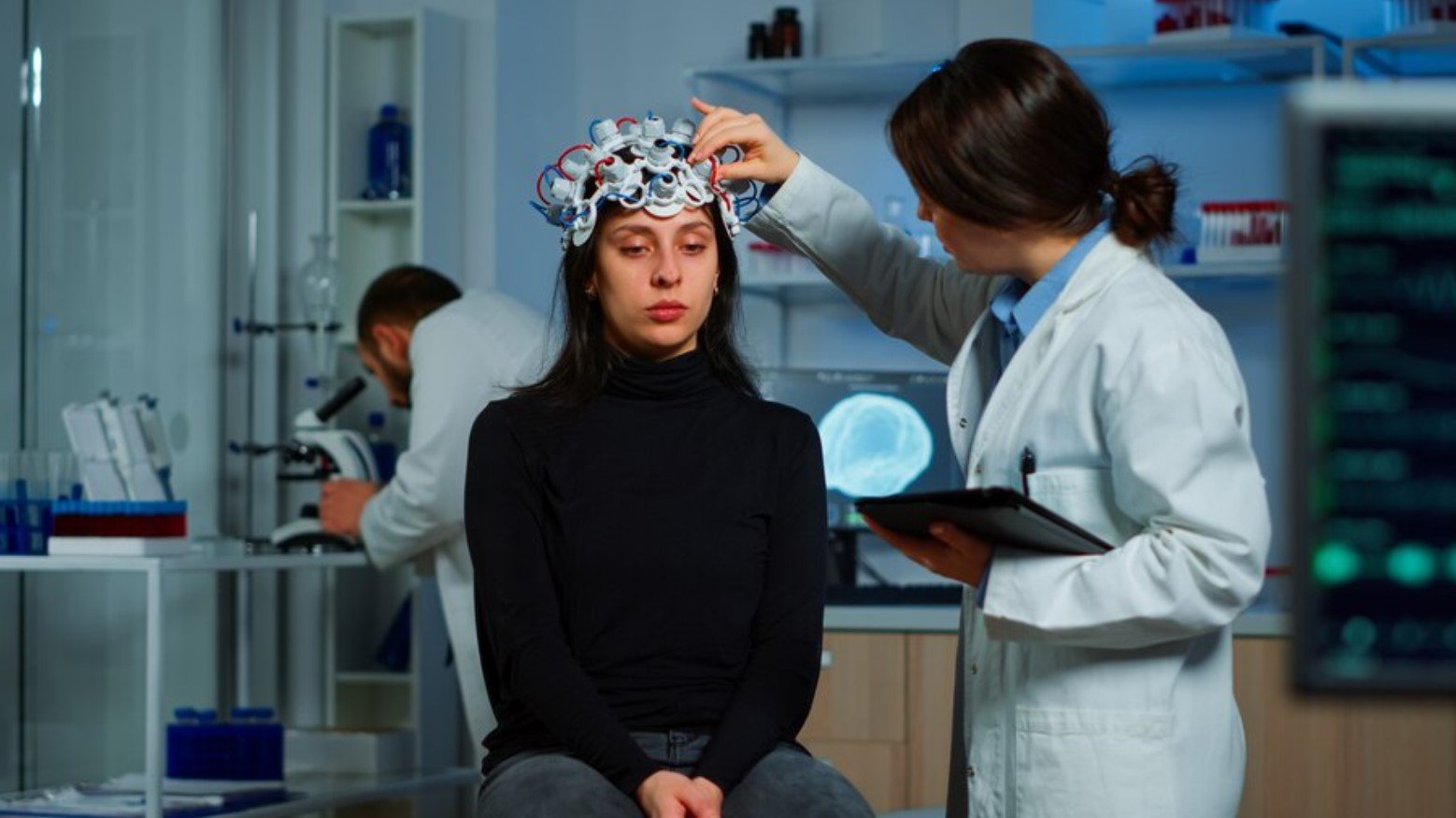
Source: Freepik
In fact, Niraj reported that a can of Coca-Cola has effects that are “comparable to heroin,” and it’s actually very addictive. The dopamine essentially convinces drinkers that they want another can and then another.
Chasing That Sugar Rush
There’s no doubt that the increased dopamine levels make consumers want to drink more Coca-Cola, but there is another reason too: They are chasing the sugar high.

Source: Freepik
While Coca-Cola certainly does give people energy, because of the high sugar content, the boost only lasts about three to five hours. After that, the person will feel tired, grocery, and even irritable…unless they have another.
Diet Coke Isn’t Any Better
Many people assume that by opting for Diet Coke instead of Coca-Cola, they’re choosing the healthier option and protecting their bodies from extreme sugar intake and the resulting crash, but that’s only half true.
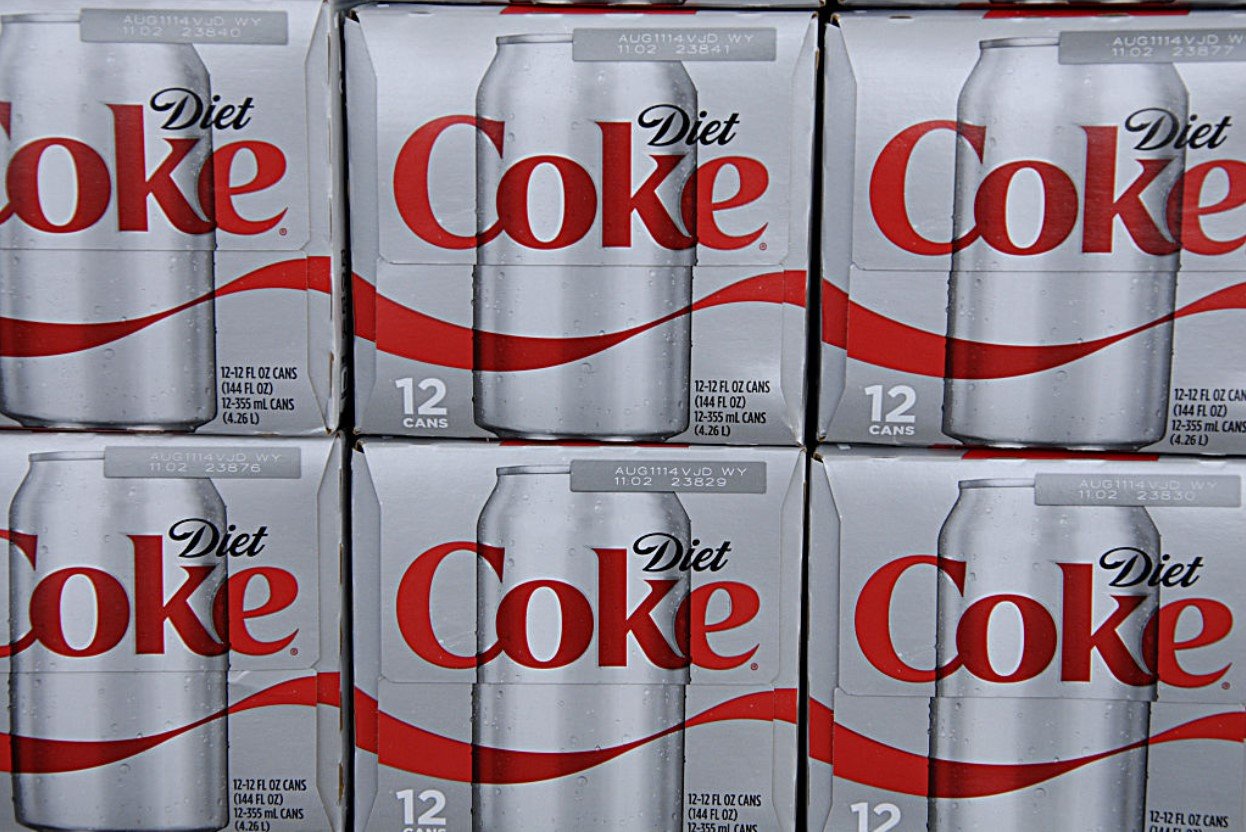
Source: Francis Dean/Corbis/Getty Images
Although the aspartame used to replace typical sugar in Diet Coke won’t lead to a sugar crash, it can still lead to several medical issues, just like Coca-Cola does.
Coca-Cola Has Lasting Consequences
Both Diet Coke and Coca-Cola can cause brain malfunctions that lead to strokes and dementia later in life.

Source: Freepik
And that’s not all; according to a study conducted by Redcliffe Labs, drinking these fizzy drinks can also lead to liver and kidney diseases over time.
Coca-Cola Can Cause Fatty Liver Disease
The study reported that these drinks have “been strongly linked to the development of non-alcoholic fatty liver disease (NAFLD), which is a condition characterized by the accumulation of excess fat in the liver, potentially leading to inflammation and subsequent liver damage.”
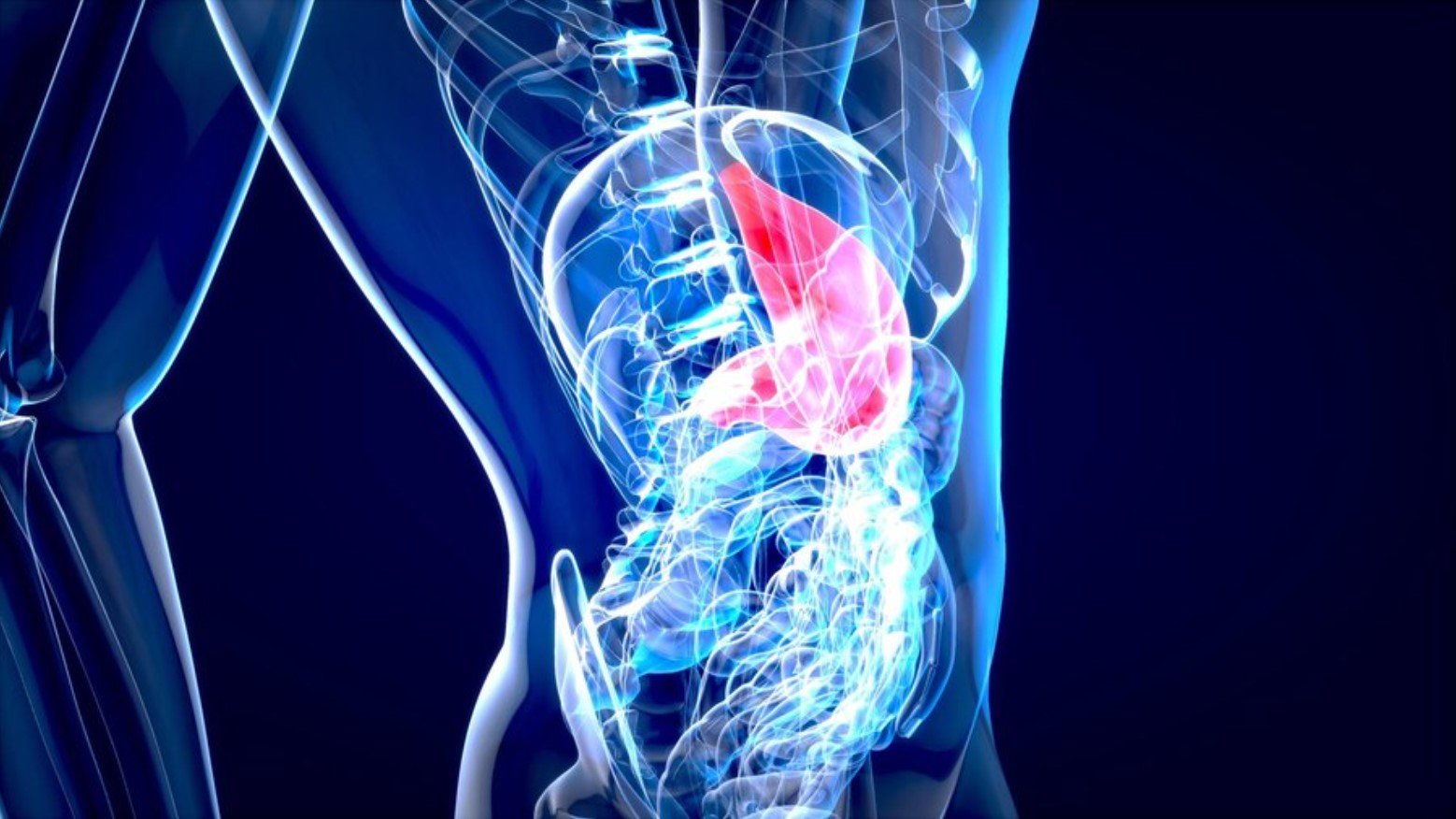
Source: Freepik
And it’s not just fat around the liver that Coca-Cola has to worry about. The same study also found that sodas can directly contribute to weight gain and, consequently, obesity.
Coca-Cola Lovers Also Have to Worry About Diabetes
As if that wasn’t enough, Coca-Cola can also cause diabetes as the constant sugar intake decreases the body’s ability to control its internal blood sugar.
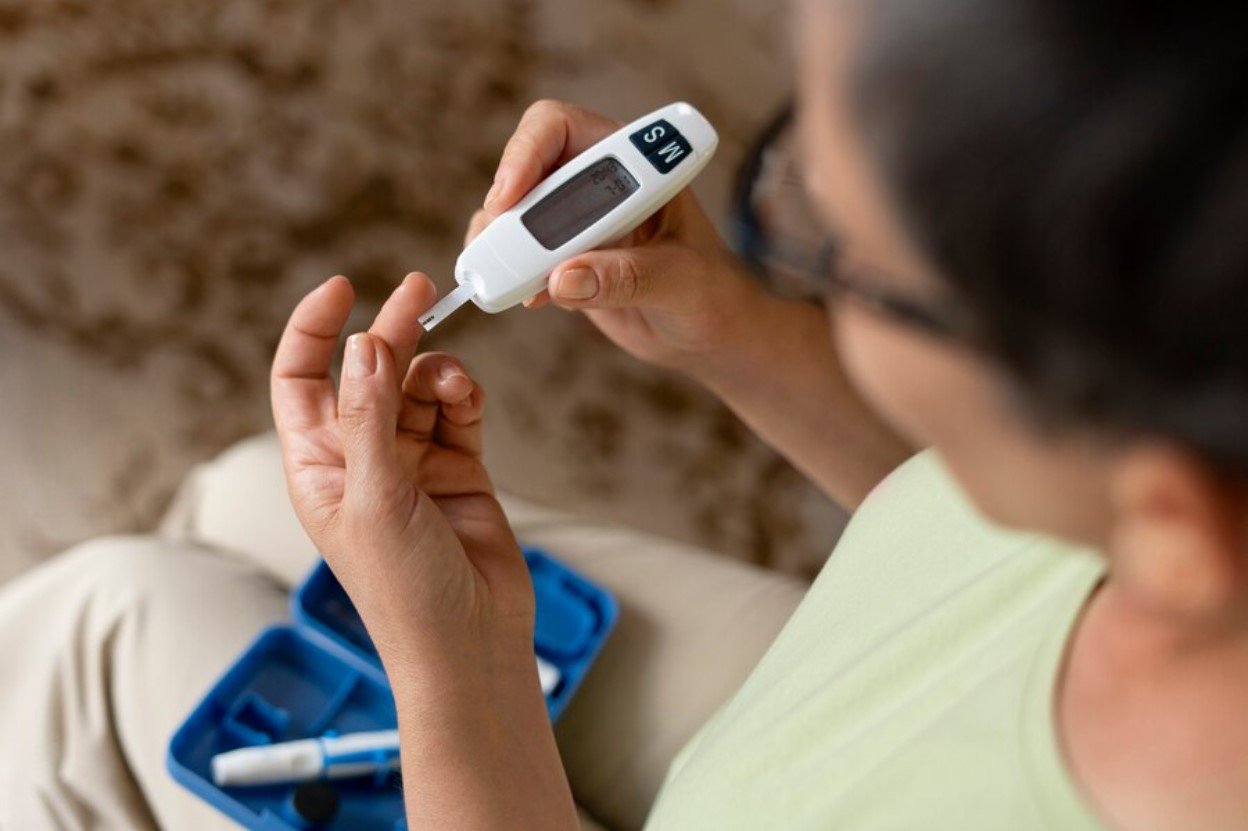
Source: Freepik
Shockingly, one study found that “the risk of developing diabetes was 26% higher for those who consumed one or more sugary drinks per day.”
Are There Any Healthy Soft Drinks?
Other than soda water, there are really no healthy soft drinks. Some are better than others due to their minimized sugar content, but they could all result in diabetes, heart disease, high blood pressure, kidney or liver disease, and even strokes if consumed excessively.
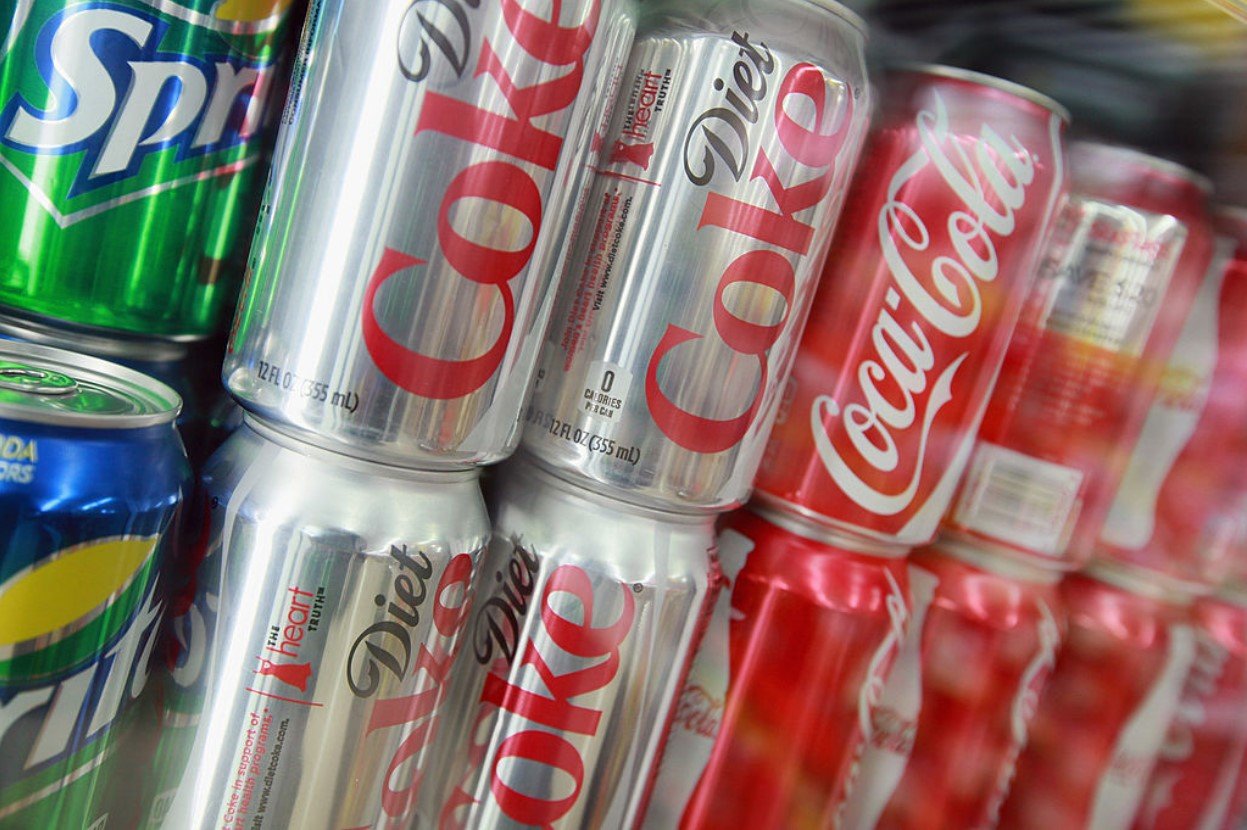
Source: Scott Olson/Getty Images
Across the board, health experts agree that drinks such as Coca-Cola and Diet Coke should either be consumed sporadically or not at all.
